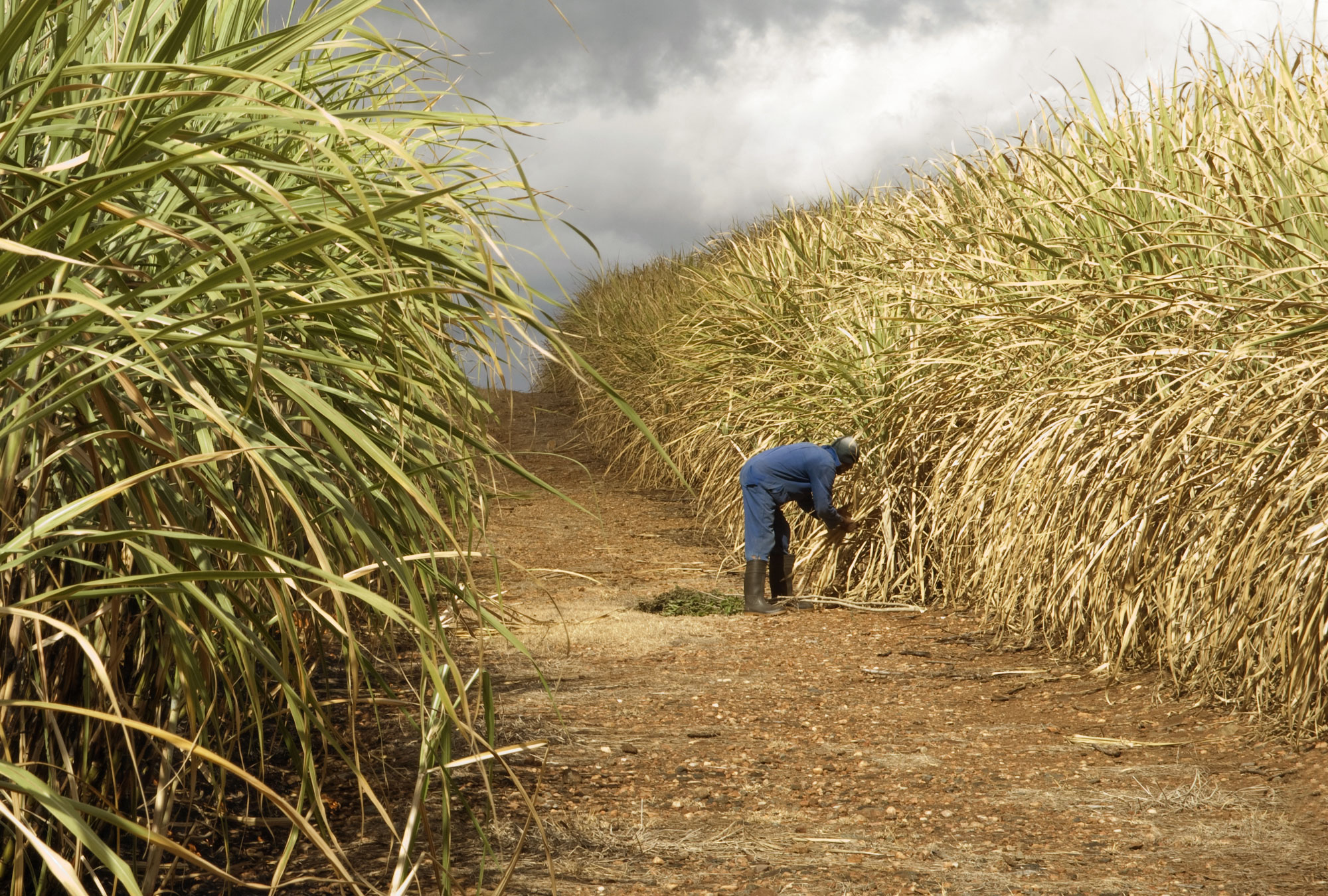
The Kenya Yearbook of Statistics show a slow growth of sugar cane available for crushing between 2002 and 2009. Thereafter, there is a sharp decline before another sluggish recovery in 2011.
Farmers who spoke to news reporters said they had either abandoned the crop or simply gave up tending to their farms after years of unpaid arrears from the local millers meant they could no longer support the crop whose capital requirements is not for shallow pockets.
The fall of cane farming can be traced back to a broken tradition where millers provided credit facilities for the farmers in form of input loans and services including fertiliser application and harvesting and farmers faithfully suppled the cane to the mills.

The miller on the other hand is bogged down by weak financial muscle after years of intermittent operations and can hardly support the very farmers they heavily rely on for raw materials.
Apart from the suspension of the Sugar Development Levy which helped to support both the Kenya Sugar Research Foundation which informed the industry on new varieties and better cane growing practices, millers also blame farmers for defaulting on the input loans and later gaming the system in cane supply to avoid being deducted or sell the cane to the mushrooming private mills.
The starts and stops only aggravate the problem by pilling the same debts to farmers whose feet have grown colder when it comes to growing sugar cane, once a sweet experience and a path to wealth.

This year alone, all the government-run mills, except for Sony Sugar, ceased operations for months due to lack of cane.
The narrowing cane availability makes a key trigger to the poor predicament of government mills reeling from ageing machines and poor management.
Mumias Sugar, which has been a recipient of some Sh 35 billion from the government, was this September seeking Sh2 billion to cater for its electricity bills after Kenya Power disconnected its supply.
The miller can no longer sell even ethanol, which has been keeping it going.